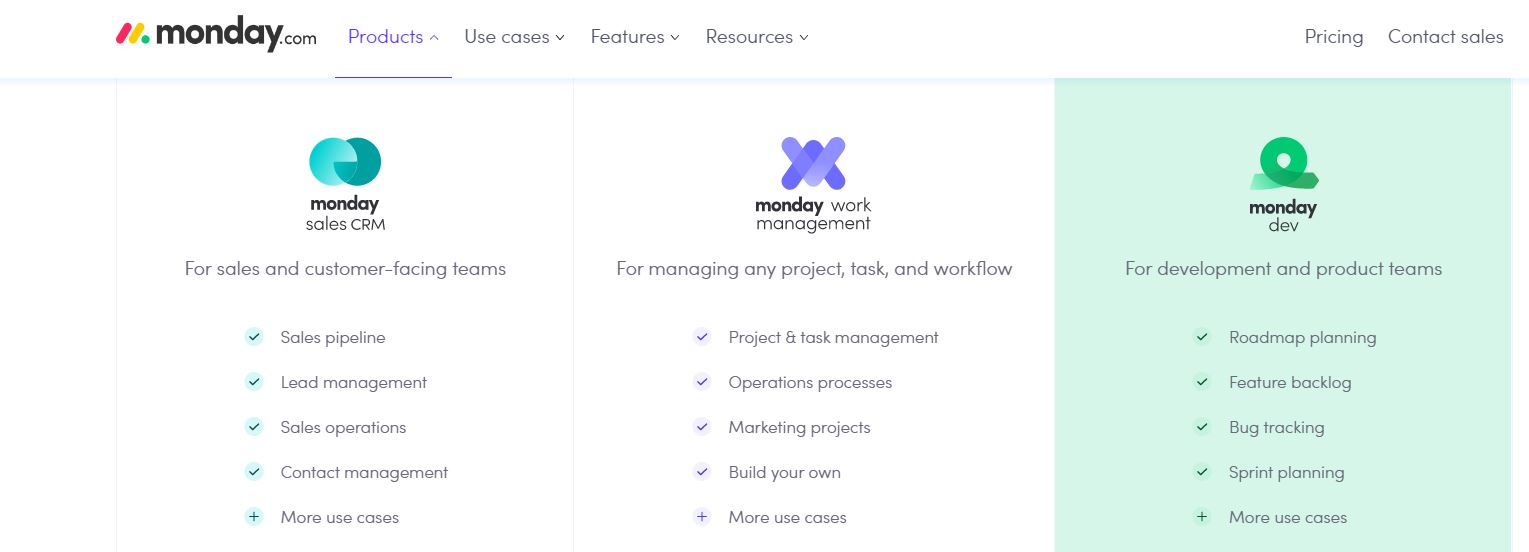Identifying the right keywords is integral for your business if you want to start appearing in relevant search results. In this blog, we’ll explain everything you need to know about seed keywords and how to effectively use them.
You will learn the following from this blog:
- What are seed keywords?
- Why seed keywords are important in keyword research
- How do seed keywords improve the keyword research process?
- Ways of finding seed keywords for SEO
- How to make a list of seed keywords
What are seed keywords?
Seed keywords are one or two words with high search volume which work as the cornerstone of your keyword research. Why do they exist? Other keyword phrases that will help with your SEO efforts are developed from seed keywords. Consider them the foundation of keyword research. Remember: These aren’t the same as short-tail keywords. The fundamental distinction between them is that a seed keyword does not allow modification.
Here are some keyword suggestions as examples:
- Seed keyword: Marketing Agency
- Short-tail keyword: UK Marketing Agency
- Long-tail keyword: Best Marketing Agency in the UK
Why seed keywords are important in keyword research
Each purchase a person makes is influenced by a set of keywords. First, consumers must locate your product or service and then find relevant details or information to make a purchasing decision. In addition to being the best way to reach these clients, keywords provide the entry point to the information. You may find out what broad keywords people are using to find your products and services by checking out the top searches on Google and other search engines.
Once you have those search terms, you can utilise them to locate more targeted keywords for your website. When choosing the best seed keywords, there are other factors to consider besides keywords. Additionally, consider the subjects and issues you wish to address on your website and the problems that your product or service could help potential customers.
How do seed keywords improve the keyword research process?
Seed keywords assist you in thoroughly exploring each subject, enhancing user experience, establishing authority in your field, and gaining trust from users so that they spend more time on your website. They also enable you to begin your keyword research and serve as the foundation and source of ideas for potential ranking opportunities. To better organise your SEO content, use a seed keyword to gather keyword suggestions and divide them by category or topic. The search engine algorithms will recognise that your content is of high quality and place it on the front page of the search results – providing it is organised correctly and addresses the users’ various questions.
Ways of finding seed keywords for SEO
Here are some methods for finding seed keywords:
Make a list
Let’s say that this is where you begin your search for seed keywords. Start by compiling a list of seed keywords you believe are pertinent to your website, blog, or business. You can use the internet to further this brainstorming by exploring what terms are advised by online resources, like Keywords Everywhere. Using a keyword research tool of your choice, you can even choose a few relevant URLs and investigate them to see what seed keywords they employ, their monthly search traffic, competitiveness, and difficulty. For instance, if you wish to market a ketogenic diet regimen, your list of seed keywords might contain the following suggestions:
- Keto diet
- Ketogenic dieting
- Keto dietician
- Ketogenic food
- Keto plan
- Keto food
You can then use AnswerThePublic to get further keyword ideas.
Look out for your competitors
You may be able to identify seed keywords by researching your competitors. Why should you do it? You don’t have to start from scratch as you are utilising your competitor’s prior research, and you will be able to find a few relevant seed keywords that you probably didn’t think applied to your business.
Watch the changes in the SERPs
To be a bit more specific, just search on Google, as everyone does! The first few results pages are the best places to identify seed keywords.
Page titles and meta descriptions
It’s possible to rapidly find out what the term or seed keyword your competitors are ranking for in the search engine by looking at page titles and meta descriptions, which are optimised web components containing the main keywords of a page. What’s the best part? The seed keywords can be seen without even opening the page, speeding up your search process. They appear right away in the SERP as succinct summaries of what you can expect to see when you access the site.
Review forum chats, comments, and posts
You can learn what people say, what they are looking for, and what interests them by searching the websites where your audience communicates. In what way? Well, a blog review, a forum post, or a question on a support forum can all aid in obtaining seed keywords. You can see user comments expressing their concerns and interests in each of these locations. These people are the ones you are ultimately trying to win over.
Browse the website’s navigation menus
This is a choice you should take into account if your goal is to position your eCommerce site. You should go to the websites of the most formidable competitors in your market to identify them. By browsing their menus, you can find seed keywords that might serve as an inspiration for your keyword research.
Consider products and services
Making lists of products, services and even brands that connect to your keywords is a useful strategy for discovering possible seed keywords. For instance, if you sell software like Monday, some of your products might be work management, project management and CRM.
Utilise the Search Console on Google
You can use this free Google tool to identify and address issues that affect your website’s positioning and visibility in search results. Additionally, it enables you to go over user enquiries and compile a list of seed keywords based on the top outcomes. Google Search Console also provides statistical information on keyword queries obtained from the millions of searches, daily.
How to make a list of seed keywords
You don’t have to employ one of these strategies each time you conduct keyword research. Using a few techniques, you might be able to gather enough seed keywords. So, simply choose the ones you like and modify them to fit your workflow. Then start to compile the methods into a list after you’ve decided which ones you prefer.
Making a seed keyword list and using it as a starting point for keyword research could look like this:
- Find seed keywords using techniques that are effective for you and your niche.
- Use different keyword explorers to produce a list of suggestions.
- Make a list of keyword opportunities that you can use.
- Consider your options (based on relevance, intent, volume, difficulty, etc).
Don’t forget that keywords are one of the best ways to connect your potential customers to your business. To find the best-ranking prospects, you need to identify strong, searchable seed keywords. Conduct your research! Make lists, investigate your niche, adopt the mindset of your target audience, use a keyword research tool to generate seed keyword ideas, etc. Utilise every tool at your disposal to ensure that your keyword strategy is successful.
If you have any further queries about what a seed keyword is or how to recognise one, then you can contact us today! To stay informed on the latest digital marketing news, trends and updates, you can also subscribe to our newsletter.








